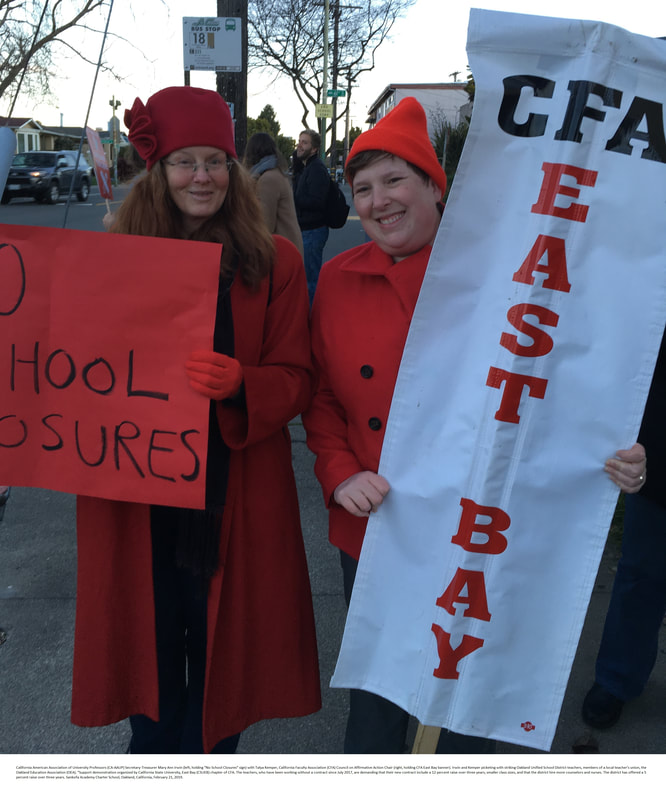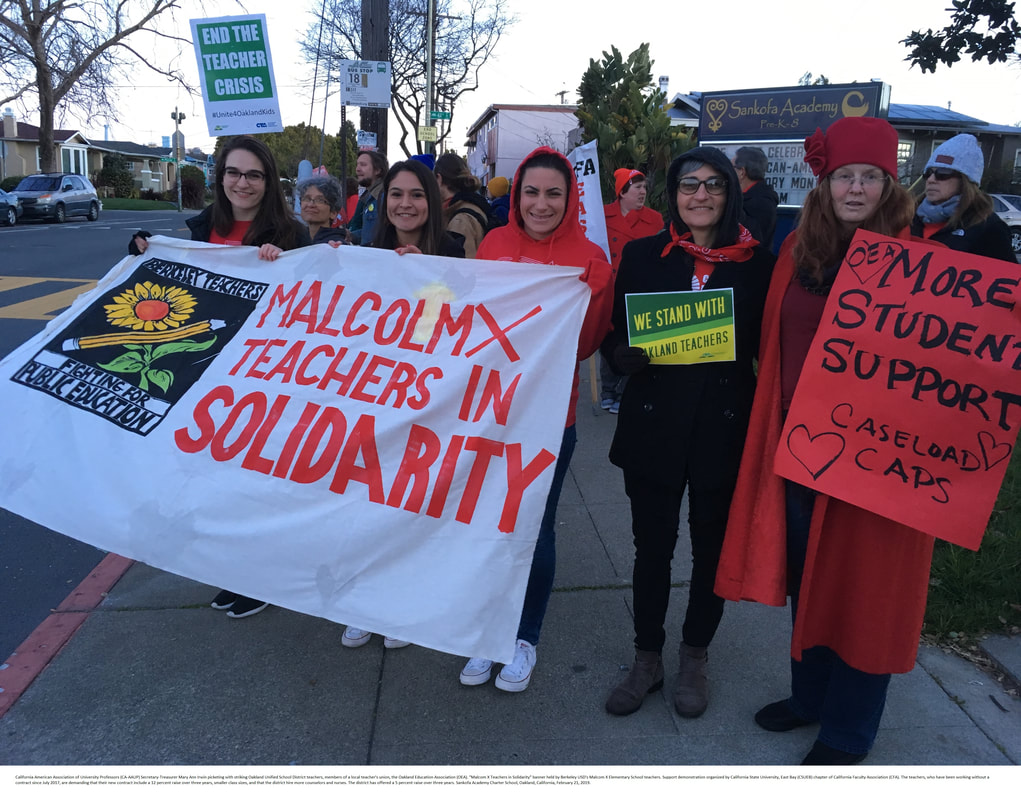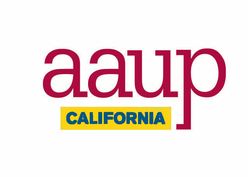In addition, please call the chair of the California Assembly Higher Education Committee, Jose Medina (916) 319-2061. His secretary will answer the phone and keep track of calls on the GE issue. If a committee member is from your district, call them too. They are as follows:
Steven S. Choi (916) 319-2068
Dr. Joaquin Arambula (916) 319-2031
Richard Bloom (916) 319-2050
Jesse Gabriel (916) 319-2045
Jacqui Irwin (916) 319-2044
Kevin Kiley (916) 319-2006
Mark Levine (916) 319-2010
Evan Low (916) 319-2028
Jim Patterson (916) 319-2023
Miguel Santiago (916) 319-2053
Shirley N. Weber (916) 319-2079
And: If you are comfortable, here are some social media accounts for providing feedback:
Twitter and Facebook:
https://twitter.com/calstate
https://www.facebook.com/calstate
With appreciation,
Bridget Ford
Dr. Bridget Ford
Professor of History
California State University, East Bay



 RSS Feed
RSS Feed